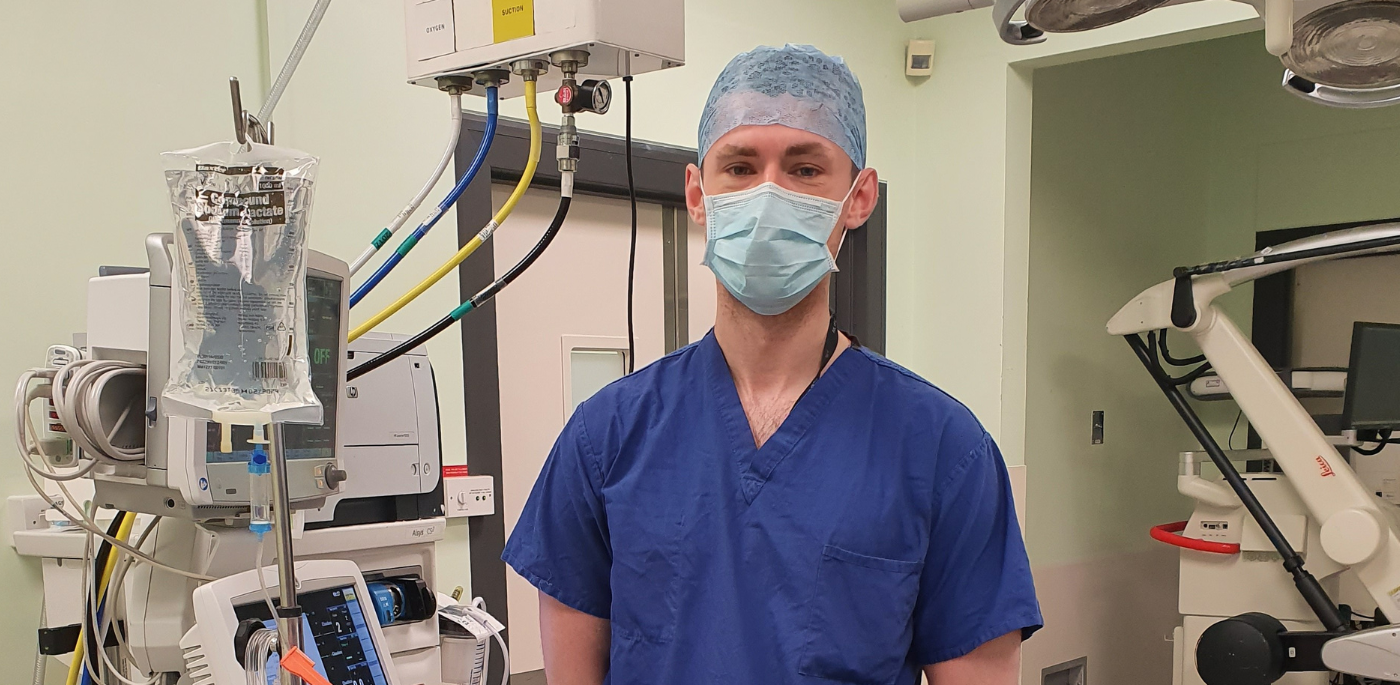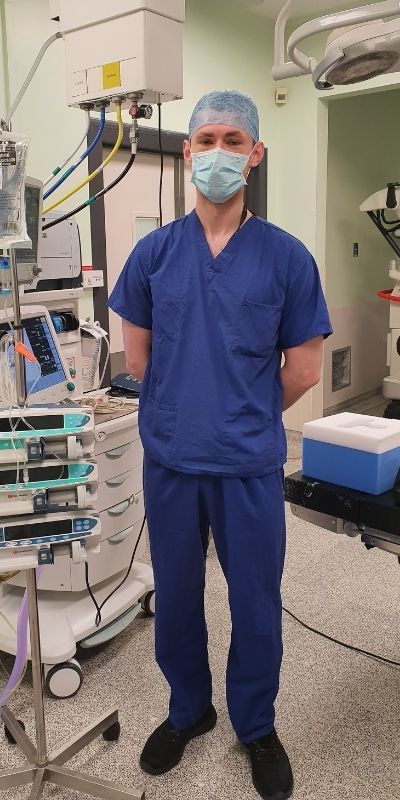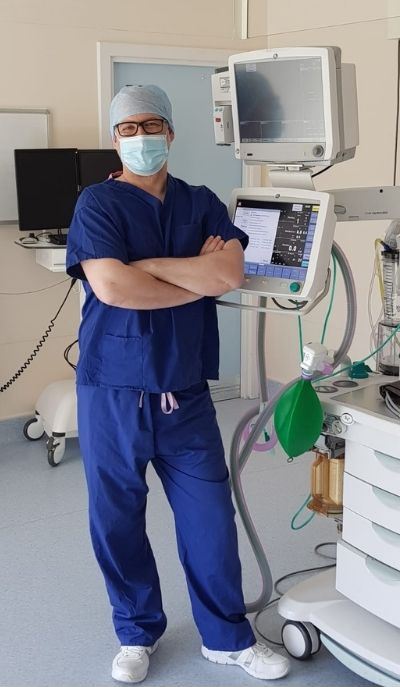News outlets across the country are today reporting hospital services to be under a significant amount of pressure.
Here in Hull, it’s the same picture; we’re seeing really high numbers of people seeking treatment from our Emergency Department but more notably, and in line with the national picture, we’re seeing lots of parents with children who are running a high temperature or fever.
Dr Ben Rayner, consultant in emergency medicine working in Hull Royal Infirmary’s Emergency Department (pictured below) is appealing for parents to consider all the options before visiting A&E:
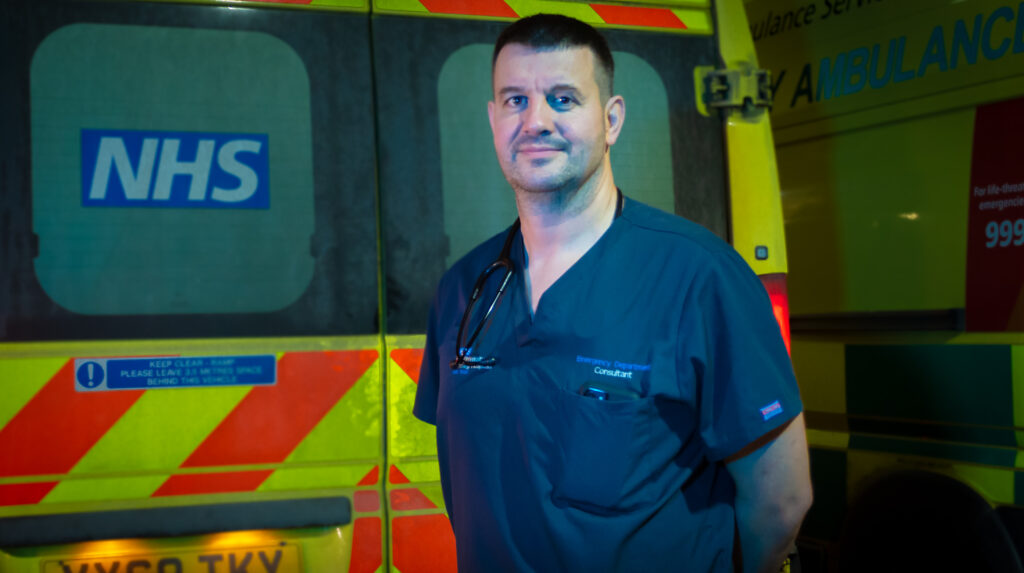
“The number of people attending A&E has been gradually rising for some time and we are now back to pre-Covid levels of around 300 to 400 people every day. This puts extra strain on the physical space in A&E as we still have to social distance and limit numbers of people in the department, but for many patients it also means a much longer wait to be seen.
“We’re seeing a lot of parents right now seeking help for children with a high temperature, and while it’s understandable for parents to be worried, it’s also important to realise that high temperature in children is very common.
“Since lockdown has ended and as social restrictions continue to ease, families are going out more and children are increasingly coming into contact with others. As a result, they will naturally pick up coughs and colds; it’s a normal part of childhood but perhaps not something they’ve been used to over the past 18 months and it’s causing extra concern for parents because it seems out of the ordinary.
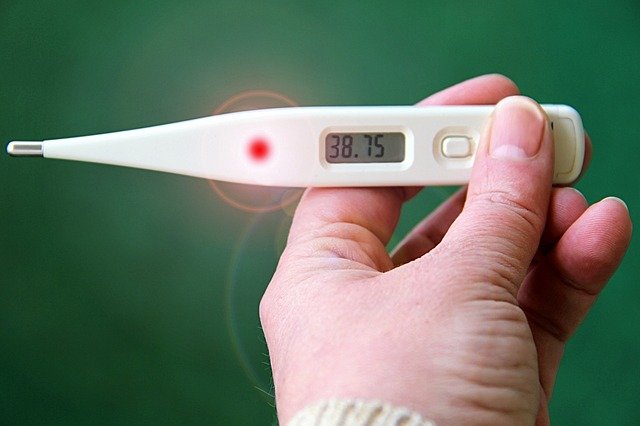
“A high temperature is the body’s natural response to fighting infection. In the majority of cases, a fever; that’s a temperature of 38⁰C or above, is short term, it’s something that can be managed at home with a bit of advice and the contents of your home medicine cabinet.
“If parents don’t feel able to do this, they should get advice from their local pharmacy, GP, or one of the urgent treatment centres across the region which are also open 7 days ‘til late. NHS111 is also available round the clock without even having to leave home.”
Dr Rayner adds:
“Sitting in A&E for hours with a child who’s under the weather isn’t anyone’s idea of fun, so we’d really urge parents to think carefully and use the full range of NHS services which are out there.
“Parents should also familiarise themselves with the signs to look out for which suggest a child’s fever is something much more serious. We don’t expect parents to be the experts, but a little knowledge goes a long way and will help our A&E no end when it comes to prioritising the most seriously ill or injured children.”
Emergency care consultants in Hull have produced the information below to help reassure parents of children with a fever and provide guidance on when to seek more immediate medical help:
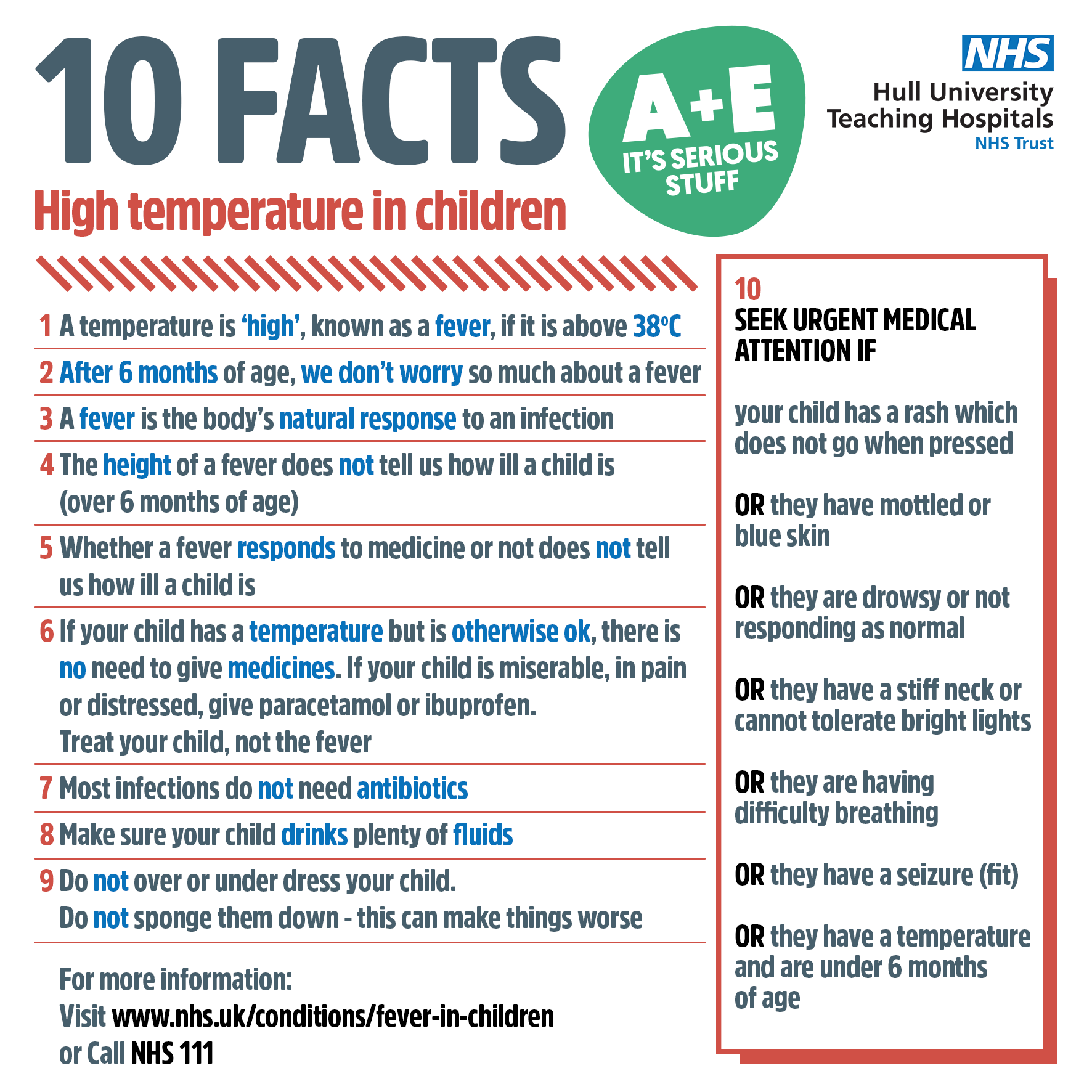

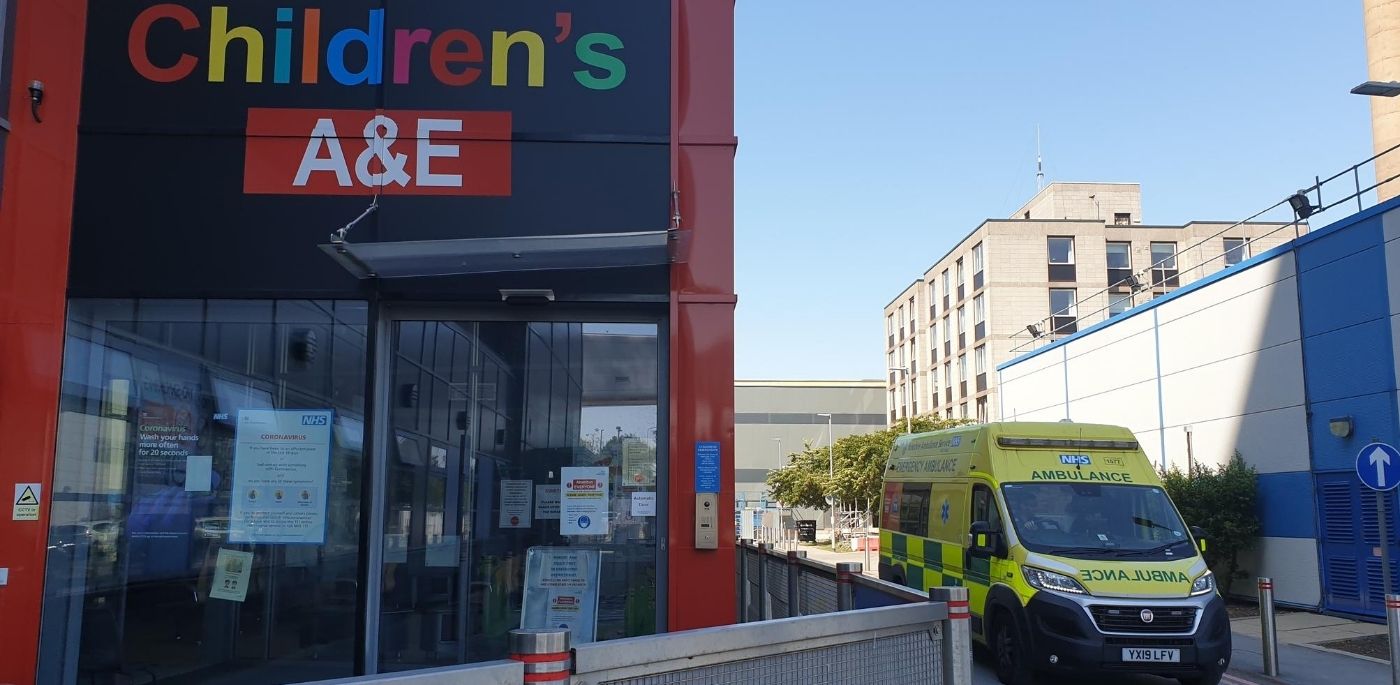
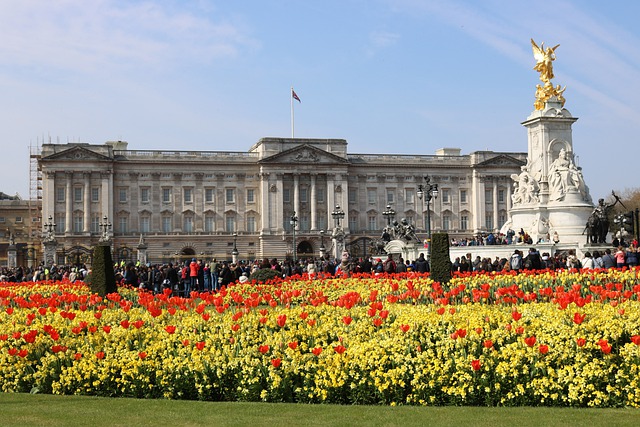
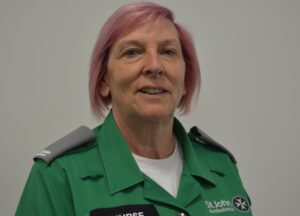
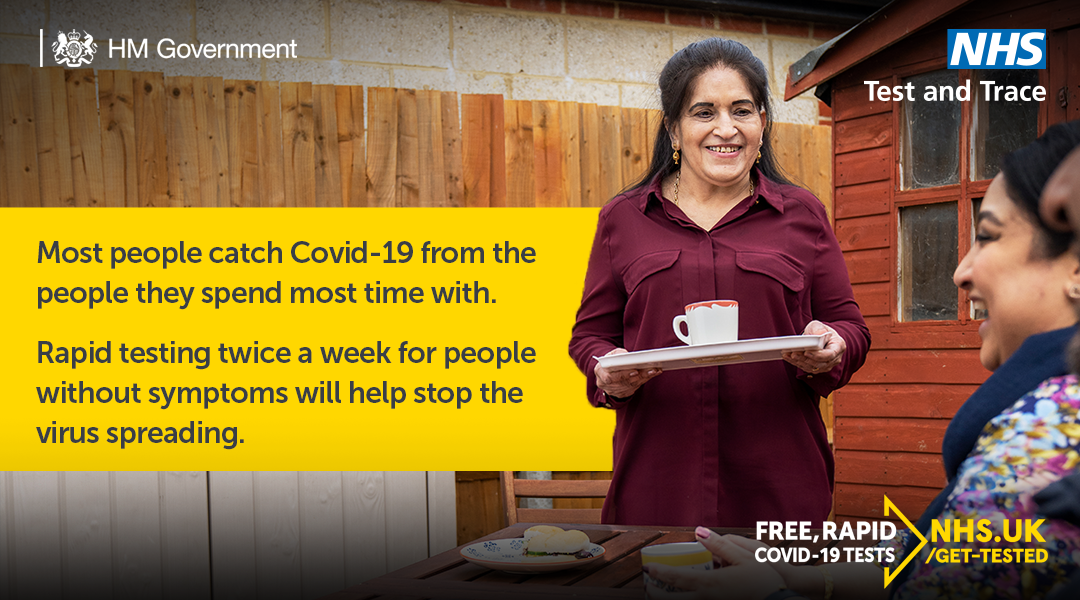


 The new sheet, made from recycled plastic and wrapped in biodegradable packaging, will help staff move people with mobility problems including bariatric patients, those recovering from surgery and patients with frail or fragile skin.
The new sheet, made from recycled plastic and wrapped in biodegradable packaging, will help staff move people with mobility problems including bariatric patients, those recovering from surgery and patients with frail or fragile skin.
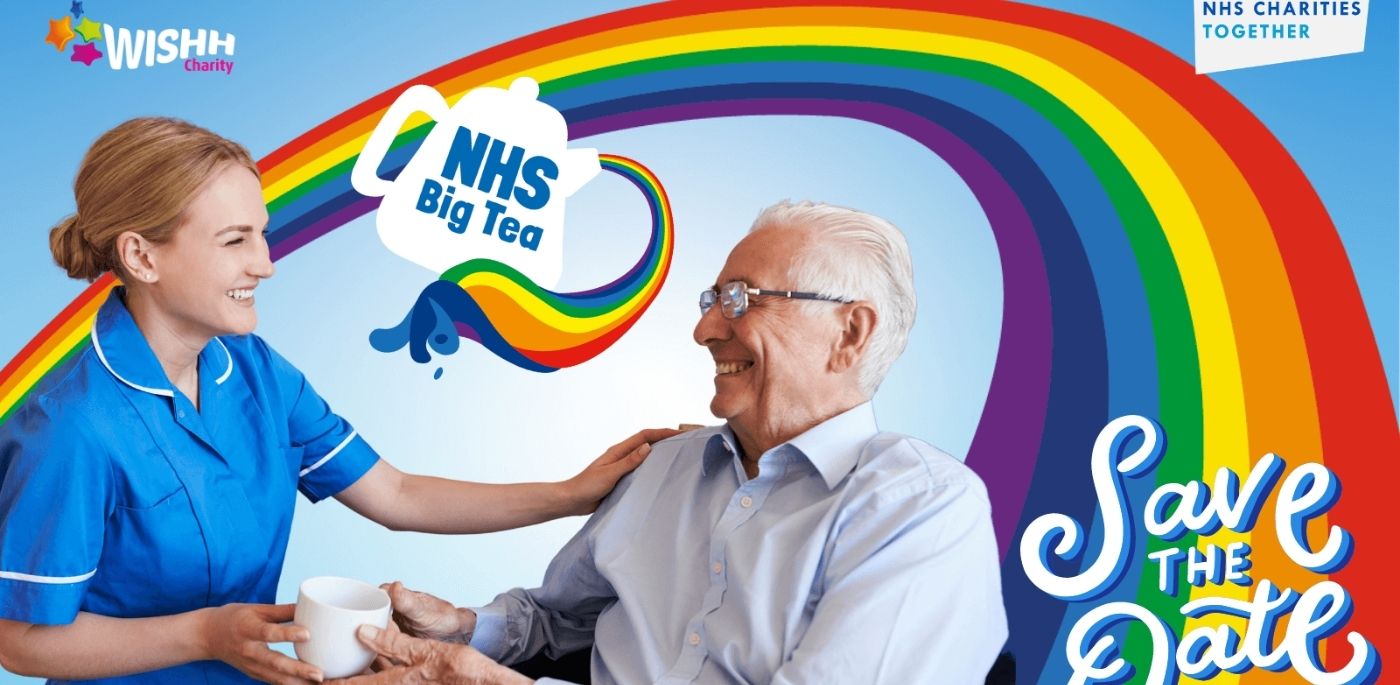
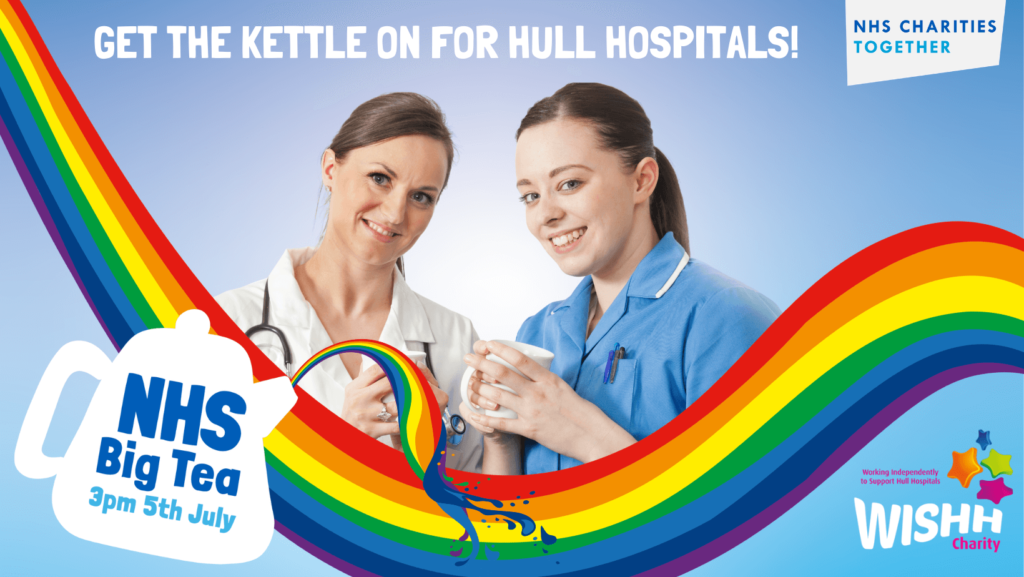

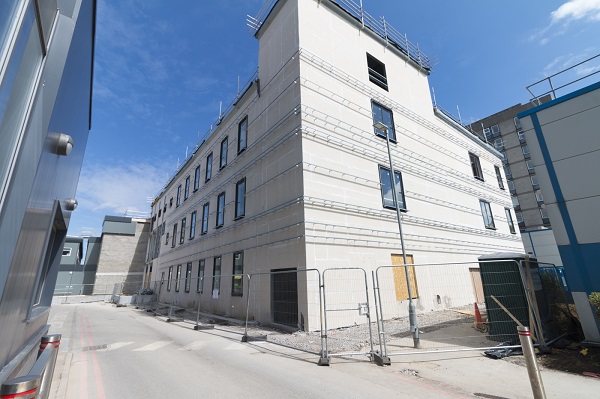
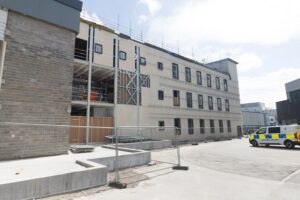 Chief Executive Chris Long said: “It is testament to the hard work and dedication of our critical care teams that we will be able to take our place at the forefront of critical care in the country and to our Estates team for driving this project in these challenging times.
Chief Executive Chris Long said: “It is testament to the hard work and dedication of our critical care teams that we will be able to take our place at the forefront of critical care in the country and to our Estates team for driving this project in these challenging times.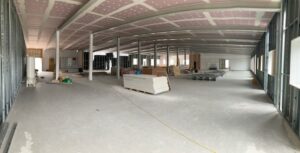 Cubicles will be fitted with negative air extraction systems to assist infection prevention and control, with six cubicles on each floor being fitted with donning and doffing anterooms to enable staff to care for patients with Covid-19 or any other infectious disease.
Cubicles will be fitted with negative air extraction systems to assist infection prevention and control, with six cubicles on each floor being fitted with donning and doffing anterooms to enable staff to care for patients with Covid-19 or any other infectious disease.